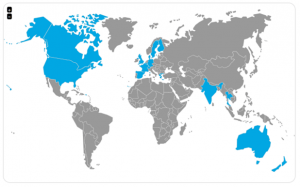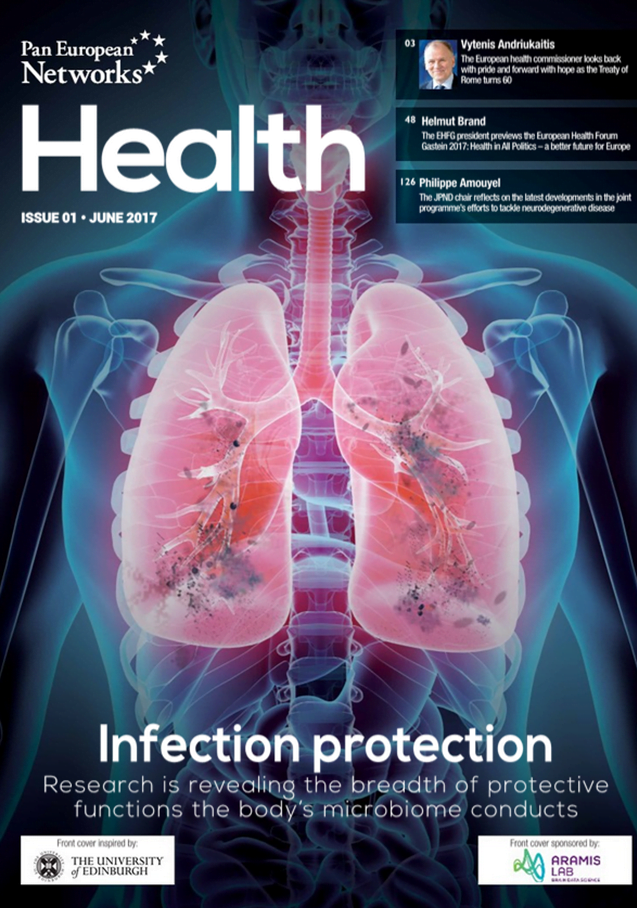Researchers studying neurodegenerative disease can now look up cohort studies and make connections through a new online database. The JPND Global Cohort Portal, created by the EU Joint Programme – Neurodegenerative Disease Research (JPND), is a searchable online database of neurodegenerative disease cohort studies.
Long-term studies which follow large groups of people over time – known as longitudinal cohort studies – are a rich, but currently under-used, resource. Finding and contacting relevant cohorts can be a difficult and time-consuming task for researchers.
The portal aims to overcome this challenge by allowing users to search for cohorts that can be used for neurodegeneration research around the world, based on a summary of and the data collected. The cohort contact details are available on the portal, giving researchers the opportunity to make new connections.
Currently including 110 cohorts, the tool will continue to grow as new cohorts are discovered and added. The aim of the portal is to encourage information exchange and new collaborations within the neurodegenerative disease community, to support scientific progress.
After exploring the database, Dag Aarsland, Professor of Old Age Psychiatry at King’s College London, said: “I was pleased to see that the JPND Global Cohort Portal offers a broad and overarching view of cohorts that have been funded in countries across Europe and beyond. In fact, after just a few minutes of exploring the JPND Portal, I identified a number of cohorts that I hadn’t heard of before, which may be useful in my research.” Read the full interview with Professor Aarsland on the Portal.
Neurodegenerative disease-specific and general population cohorts, related to neurodegenerative disease research, are both included. To be considered relevant, they must be cohorts that were set up to follow a range of health or social factors as a population ages, or cohorts looking at other chronic diseases but using measures of risk relevant to neurodegenerative disease, for example metabolic or cardiovascular factors.
To be included, neurodegenerative disease-specific cohorts must have more than 200 participants, unless they are classed as rare conditions. General population cohorts must include over 1,000 participants.
To allow the database to grow and evolve, an online entry form is available for principal investigators to submit their cohort for inclusion after checks. Cohorts can also be updated to reflect changes, such as when new waves of data are available or upon the introduction of a new test.

 To promote the use and connection of cohort studies, the Joint Programme for Neurodegenerative Disease Research (JPND) has developed a new online gateway to longitudinal cohorts suitable for neurodegenerative disease (ND) research.
To promote the use and connection of cohort studies, the Joint Programme for Neurodegenerative Disease Research (JPND) has developed a new online gateway to longitudinal cohorts suitable for neurodegenerative disease (ND) research.